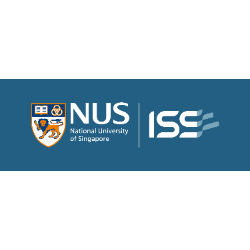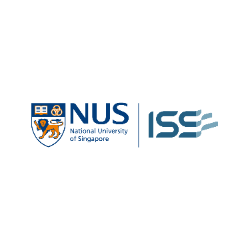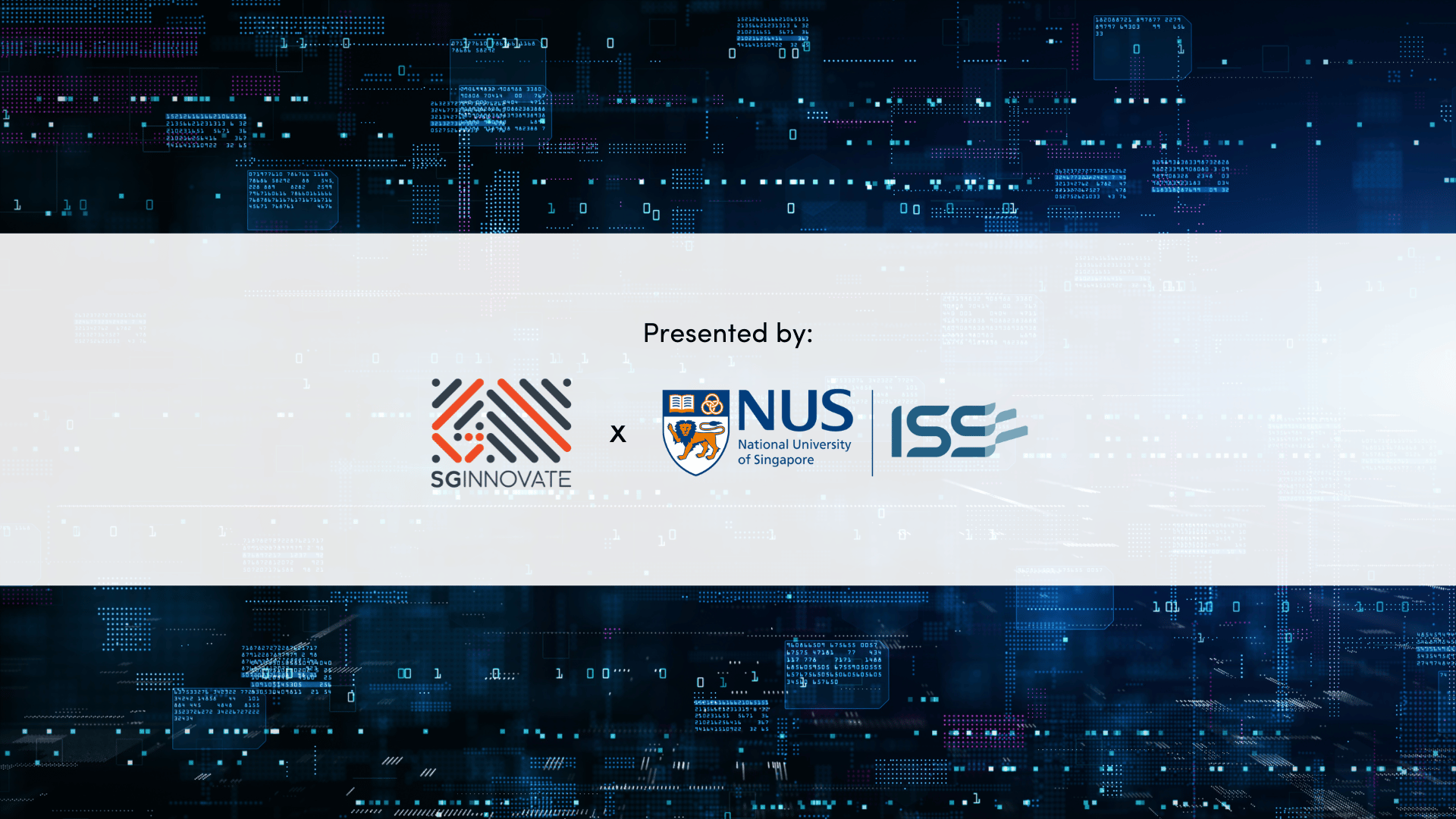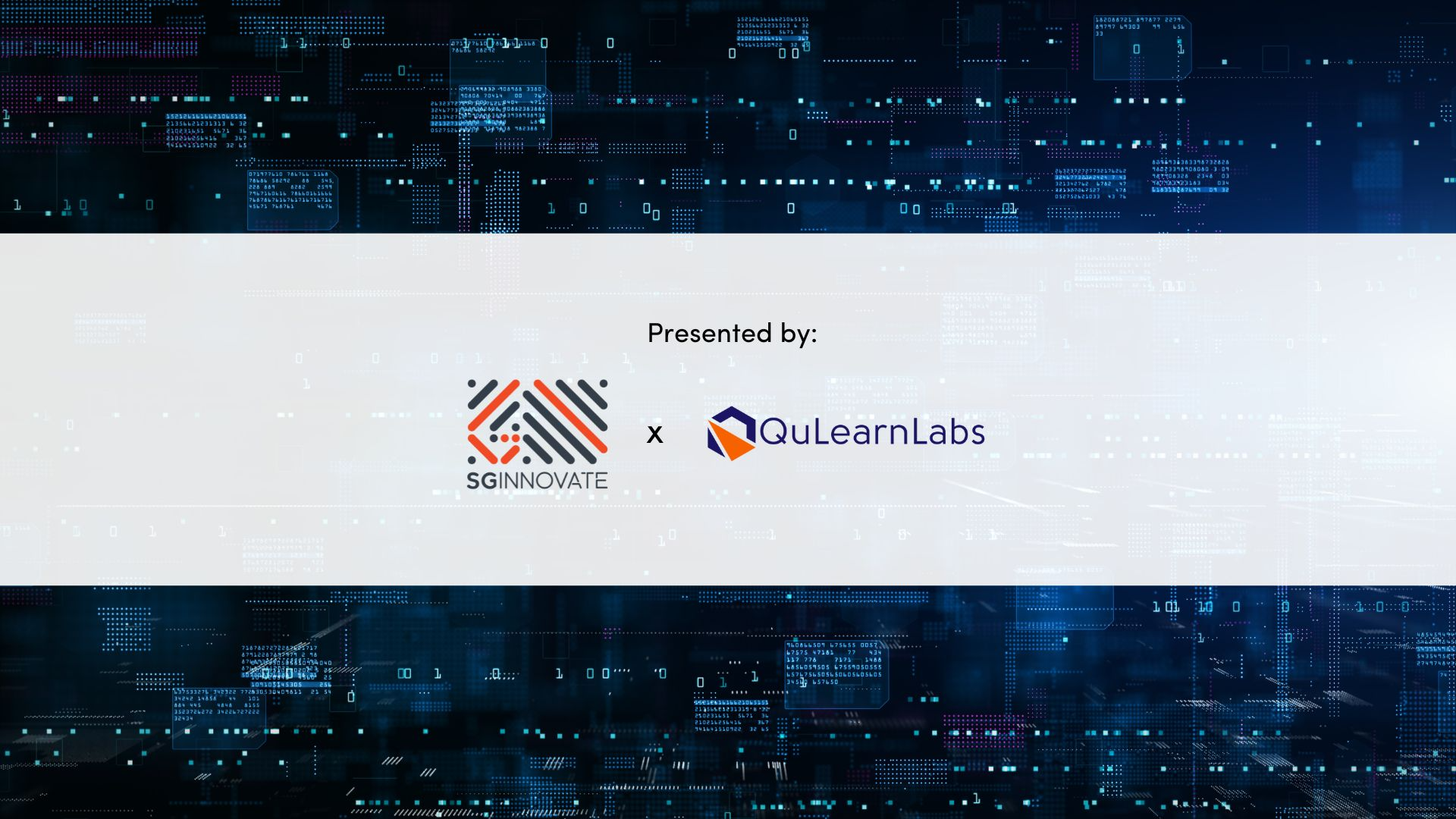Overview
The landscape of Natural Language Processing (NLP) has undergone a significant transformation since the emergence of
Deep Learning and Large Language Models.Deep Learning, a subfield of machine learning, has revolutionised NLP by enabling models to learn and understand language patterns and structures more effectively, leading to advancements in various NLP tasks such as semantic parsing, sentiment analysis, machine translation, and question-answering systems. The development of Large Language Models, such as OpenAI's GPT-3, has further propelled NLP capabilities by training models on massive amounts of data, enabling them to generate coherent and contextually relevant text. These models have shown remarkable proficiency in language understanding, text generation, and even performing creative writing tasks.
The combination of Deep Learning and Large Language Models has not only propelled the field towards more sophisticated and powerful language processing capabilities but has also opened up new possibilities for applications in fields like healthcare, customer service, and language translation.
This course is designed to meet the pressing demand for expertise in cutting-edge language technologies. From classic DNN models to the revolutionary Transformer architecture, from transfer learning to Large Language Models (LLMs), this course demystifies the complexities of language processing and the intricacies of deep learning, ensuring you're equipped to meet the demands of the data-driven future to harness the transformative power of Generative AI (GenAI).
Course Description & Learning Outcomes
This course is part of the Artificial Intelligence, Data Science and Graduate Certificate in Practical Language Processing Series offered by NUS-ISS.
Gain proficiency in classic DNN models, including CNNs, RNNs, LSTMs, and GRUs, setting the stage for advanced language processing.
Navigate cutting-edge frameworks like sequence-to-sequence models and transformer architectures.
Explore the true potential of Large Language Models through fine-tuning LLMs like Bloom and LLaMa, and probing advanced topics like emergent phenomena, hallucination, and Retrieval Augmented Generation.
Recommended Prerequisites
Possess foundational knowledge in text processing and predictive modelling with text data (at the level of Text Analytics course offered by NUS-ISS).
Strong programming skills using Python and familiar with packages like Numpy, Pandas and Scikit-Learn.
Well-versed with Anaconda, Jupyter Notebooks, Google Colab and Github.
Pre-course instructions
No Printed Materials: Course materials are accessed digitally. Do kindly note that no printed copies of course materials will be issued.
Device Requirements: Bring an internet-enabled device (laptop, tablet, etc) with power chargers to access and download course materials.
Schedule
End Date: 26 Sep 2024, Thursday
9am to 5pm
Location: NUS-ISS, 25 Heng Mui Keng Terrace, 119615Pricing
Course fees: Please refer to course webpage: https://www.iss.nus.edu.sg/executive-education/course/detail/text-processing-using-machine-learning-/artificial-intelligence
Skills Covered
PROFICIENCY LEVEL GUIDE
Beginner: Introduce the subject matter without the need to have any prerequisites.
Proficient: Requires learners to have prior knowledge of the subject.
Expert: Involves advanced and more complex understanding of the subject.
- Text Mining (Proficiency level: Proficient)
Speakers
Trainer's Profile:
Please refer to course webpage, Please refer to course webpage, NUS-ISS
https://www.iss.nus.edu.sg/executive-education/course/detail/text-processing-using-machine-learning-/artificial-intelligence
Partners







